Hey there! Summer is here, and with it comes the scorching sun and rising temperatures. It’s crucial to keep yourself hydrated during this season to ensure your well-being and enjoy the sunny days to the fullest. Dehydration is a common concern in the summer months, but don’t worry!
You must understand why dehydration happens more frequently during summer, the symptoms to watch out for, and the potential health risks associated with it. So, let’s dive in and learn how to keep ourselves cool and hydrated!
Why Dehydration Happens in Summer
As the temperature rises, our bodies naturally cool down through sweating. This process helps regulate body temperature, but it also leads to the loss of fluids and electrolytes. In summer, we tend to sweat more due to increased physical activity, exposure to hot weather, and higher humidity levels. If we don’t replenish our fluid levels adequately, dehydration can occur.
Recognizing the Symptoms
Dehydration comes with a set of telltale signs. Keep an eye out for these common symptoms:
- Thirst: Feeling thirsty is your body’s way of signaling that it needs more fluids. However, it’s important not to rely solely on thirst as an indicator of dehydration, as it may not always be an accurate measure.
- Dry Mouth and Lips: When you’re dehydrated, your mouth and lips can become dry and sticky. It’s a good idea to keep some lip balm handy to keep your lips moisturized.
- Dark-Colored Urine: If you notice that your urine is darker than usual or has a strong odor, it may be an indication of dehydration. In a well-hydrated state, urine is usually pale yellow or clear.
- Fatigue and Dizziness: Dehydration can leave you feeling tired, sluggish, and lacking energy. It may also cause dizziness or lightheadedness, so make sure to take breaks and rest when needed.
- Headaches and Muscle Cramps: Dehydration can contribute to headaches and muscle cramps. If you experience frequent headaches or muscle twinges, it’s worth considering whether dehydration may be a factor.
The Health Risks of Dehydration
Dehydration isn’t just about feeling thirsty; it can have significant health implications. Here are a few risks to be aware of:
- Heat Exhaustion: Prolonged exposure to high temperatures without proper hydration can lead to heat exhaustion. Symptoms include heavy sweating, rapid pulse, nausea, and fainting. If you suspect heat exhaustion, seek shade, rest, and rehydrate immediately.
- Heatstroke: Heatstroke is a severe condition that can be life-threatening. It occurs when the body’s temperature regulation system fails, often due to prolonged dehydration and heat exposure. Symptoms include a high body temperature, confusion, seizures, and loss of consciousness. Heatstroke requires immediate medical attention.
- Impaired Physical Performance: Dehydration can negatively impact your physical performance and endurance levels. Whether you’re exercising, playing sports, or simply enjoying outdoor activities, inadequate hydration can hinder your ability to perform at your best.
- Kidney Issues: Chronic dehydration may increase the risk of kidney stones and urinary tract infections. Staying properly hydrated helps maintain kidney function and promotes a healthy urinary system.
Tips for Staying Hydrated
To beat dehydration and stay refreshed during summer, keep these tips in mind:
- Drink Plenty of Fluids: Aim to drink water regularly throughout the day, even if you don’t feel particularly thirsty. Stay away from sugary drinks and opt for water, herbal teas, and infused water for a refreshing twist.
- Eat Hydrating Foods: Include hydrating fruits and vegetables in your diet, such as watermelon, cucumbers, oranges, and strawberries. They not only provide essential nutrients but also contribute to your overall fluid intake.
- Carry a Water Bottle: Keep a reusable water bottle with you wherever you go. It serves as a reminder to drink and allows you to quench your thirst whenever needed.
- Take Breaks in the Shade: When spending time outdoors, especially during peak sun hours, find shade and take regular breaks to cool down and rehydrate.
- Dress Appropriately: Wear lightweight, breathable clothing made from natural fabrics like cotton or linen to help your body stay cool and prevent excessive sweating.
Summer is a time to embrace the sun, enjoy outdoor activities, and create beautiful memories. Prioritize hydration to avoid the associated risks. Keep an eye out for the symptoms we discussed, drink plenty of fluids, and take care of your body. Stay cool, stay hydrated, and make the most of this vibrant season!
Image by Olya Adamovich from Pixabay
Water, Milk and More
-

Are Plant-Based Protein Drinks Good Alternative to Milk?
With the rising popularity of plant-based diets and the growing awareness of environmental and health concerns associated with dairy consumption, plant-based protein drinks have emerged as a prominent alternative to traditional milk. Derived from various plant sources like soy, almond, pea, and hemp, these beverages are promoted for their nutritional content, ethical appeal, and environmental…
-

Why Herbal Teas and Which Are the Best for Wellness
-

Coconut Water vs. Sports Drinks: Which One is Better for You?
-

Drink Coconut Water for Max Hydration and Energy
-

How to Support Fluid Balance with Natural Diuretics
-

The Impact of Coffee on Hydration: Myths vs Facts
-

Symptoms of Dehydration and How to beat it

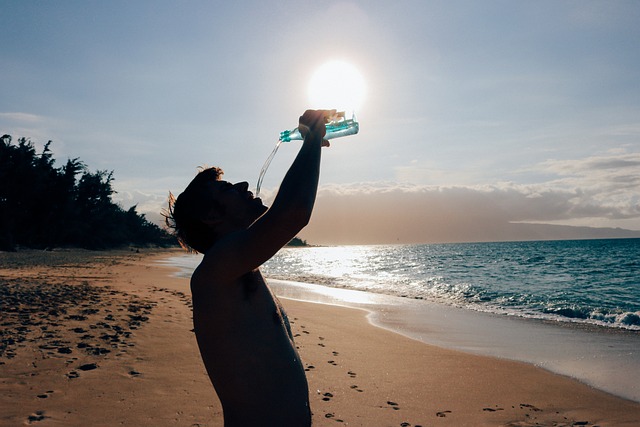
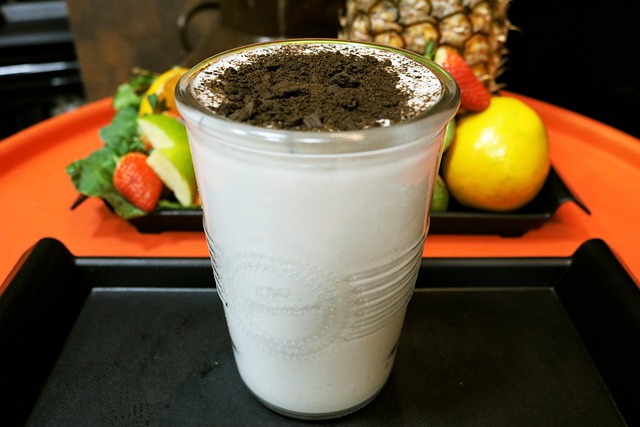
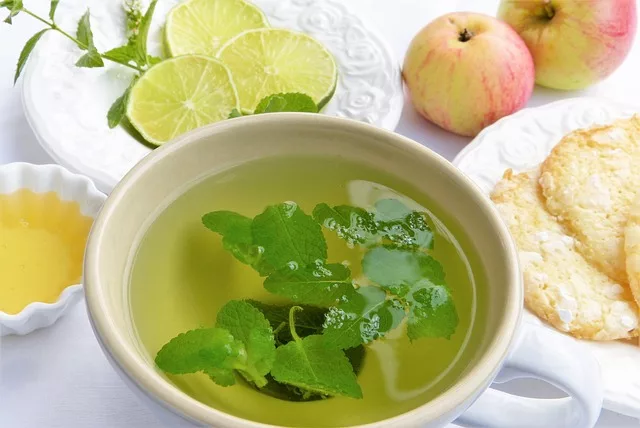
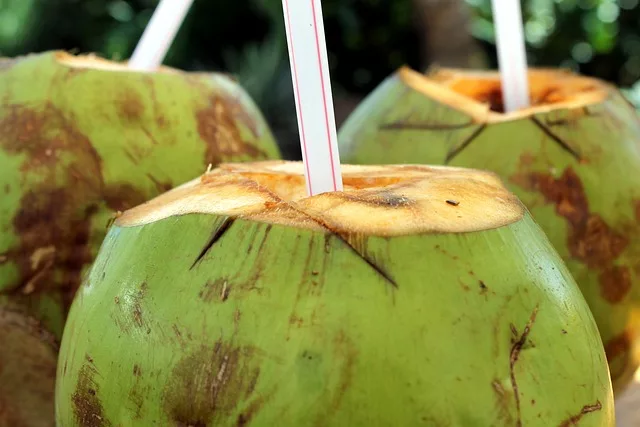

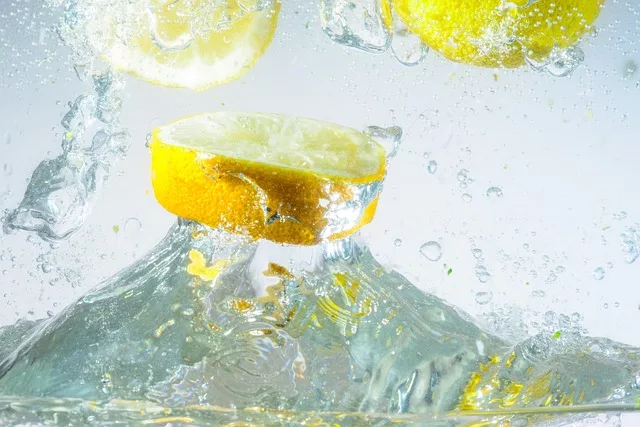

Leave a Reply